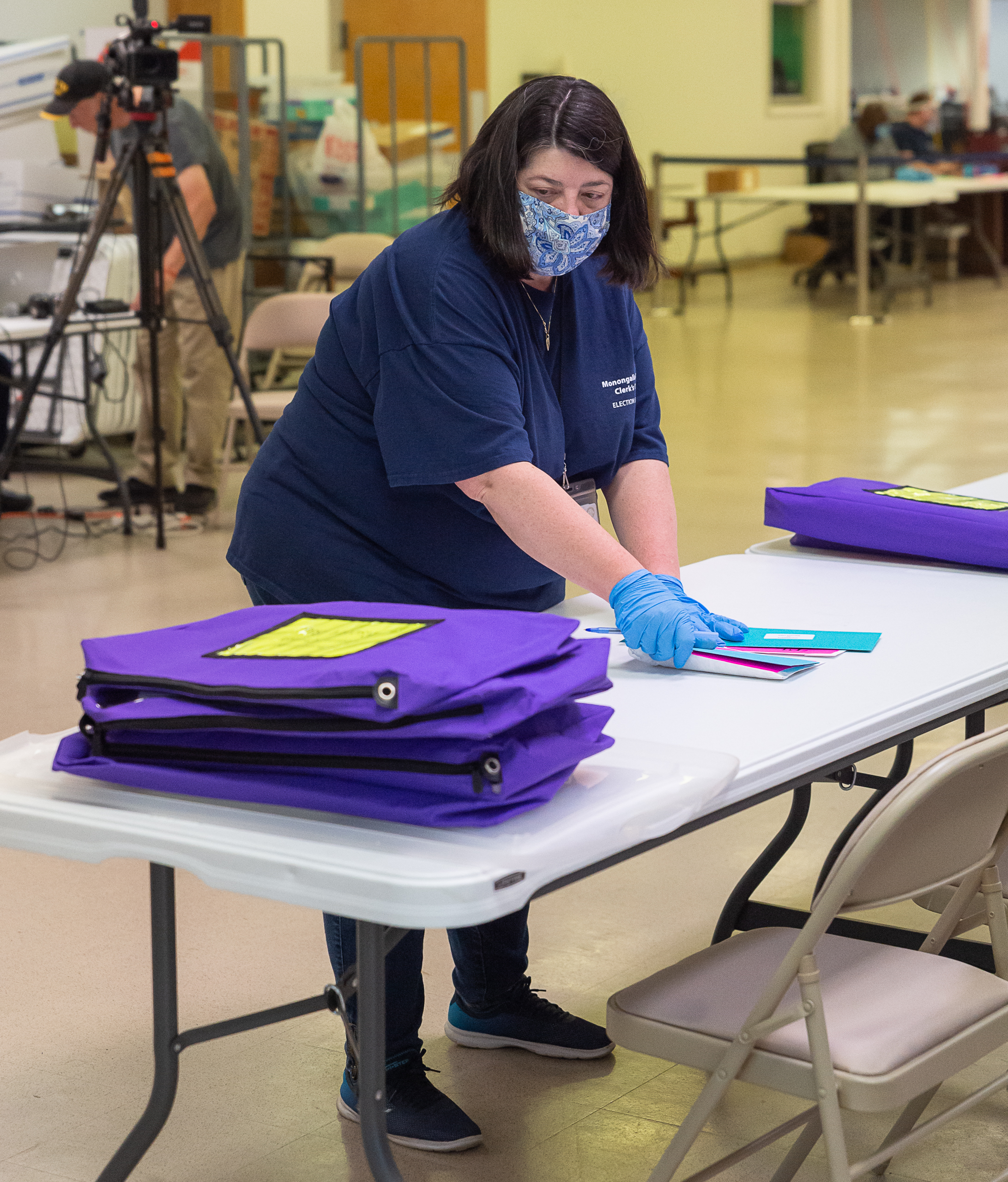MORGANTOWN – Members of the House Judiciary Committee found a voter fraud bill riddled with holes. After extensive questioning on Tuesday, committee chair Moore Capito, R-Kanawha, decided to send it to subcommittee for repairs.
After that, members resurrected a medical cannabis bill that failed on Monday and this time passed it on to the full House.
HB 4293 aims to make it a felony for any state or local election official to mail or deliver an absentee ballot application without a specific request from the voter. Conviction of that felony would result in a minimum fine of $5,000, a minimum of a year in prison, or both.
In exchanges with committee counsel, delegates unearthed various flaws in the bill.
Delegate Lisa Zukoff, D- Marshall, learned that an election official could be subject to prosecution if a person requests a ballot for someone with diminished capacity and the official fails to verify the request.
Members learned that this proposed violation carries a higher penalty than any other election-related crime on the books.
They learned that the bill could allow someone to entrap an election official by making a phony ballot request.
Delegate Shawn Fluharty, D-Ohio, learned that an election official who came to someone’s door would face a stiffer charge – a felony – for handing them an application than for punching them in the face, which would be a misdemeanor.
Donald Kersey, general counsel for the secretary of state’s office, answered questions about the 2020 primary, when the office made adjustments because of the pandemic and mailed out absentee ballots to every registered voter.
Kersey said there were no known instances of fraud other than the Pendleton County mail carrier who was convicted of altering party requests on eight ballots.
Kersey said the bill would bring some uniformity against the possibility of unequal mailing of ballots, and relieve some confusion where people might receive an application when they’re not eligible. “It does help us administratively.”
That led to more questions about what Kersey meant by unequal mailings. After he offered some hypotheticals, Moore paused consideration of the bill and set up the subcommittee to rework it.
On a technical matter, counsel told members he had to patch HB 4312 into this bill. HB 4312 concerns absentee ballots for first responders. That bill passed the House and was amended and passed in Senate and is back in the House. It changes the same section of code at HB 4293 and it’s not permitted to have multiple bills affecting the same code section.
Cannabis bill
On Monday, the committee took up and failed to advance HB 4627, limiting the number of labs permitted to operate to test medical cannabis to two.
The bill failed in a tie vote and one of the delegates successfully moved to reconsider it.
In renewed discussion, Delegate Adam Burkhammer, R-Lewis, said he opposes it because it picks winners and losers.
Delegate Mike Pushkin, D-Kanawha, said the medical cannabis law is drafted badly overall and favors big players from out of state. This bill offers a chance for a locally owned Raleigh County lab to get a foot in the door. It’s made a huge investment and could go out of business without the bill.
Pushkin said the medical cannabis law already has limits for growers, processors and dispensers. For those who want more labs, he suggested amending the bill to have it sunset in three or four years.
The bill passed 14-8 and will go to the House floor.
Tweet David Beard @dbeardtdp Email dbeard@dominionpost.com




